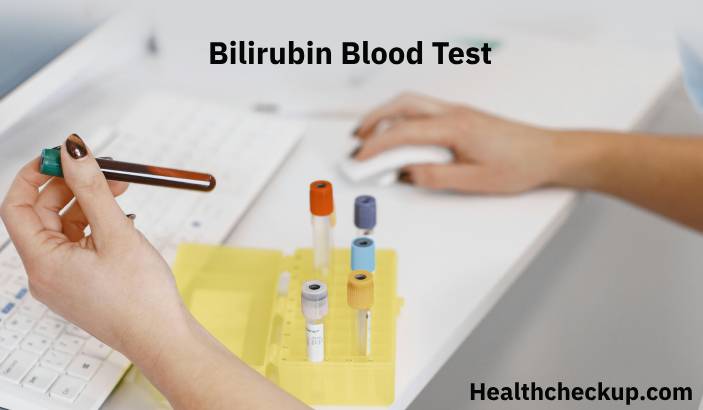It is often said that routine checkup is important for everyone to stay fit. Women should undergo some important medical tests from time to time since regular screenings keep doctors at bay. Few health checkups are highly recommended for every woman. The to-do-list is longer than you expected. Here are 7 most important medical tests for women to be in good health as long as possible.
1.Full Gynecological Medical Tests for Women
This checkup includes regular breast and pelvic examinations. In addition, you will have to take Pap smear plus HPV (Human Papilloma Virus) tests. HPV virus causes cervical cancer that is often diagnosed in a later phase and claims life. So, this screening is important for cervical cancer as early diagnosis can save life. A good number of women all over the world fall prey to breast cancer which is curable in most of the cases. Routine breast checkup helps in identification of any abnormal growth like dimpling, rashes, suspicious lumps and even nipple discharge.
Women aged 30 or more should undergo annual pelvic tests. If Pap tests in two or three consecutive years show normal result, you may skip the next year.
2.Heart-Health Checkup
It includes checkup of blood pressure and tests of lipid profile as well as blood test for HDL (good), LDL (bad), triglycerides and cholesterol. In fact, blood pressure checkup should be done every month or even twice a month if you have a family history of heart disease. In that case, a high-sensitivity CEP test is also recommended that is a reliable indicator of your heart health. All these tests determine the level of your vulnerability to heart-related problems. If your blood pressure is normal or less, go for checkup every two years. However, if you are over 45, you need checkup every year.
If you have a high blood pressure, which is one of the reasons for cardio problems, frequent visit to doctor’s chamber is also important to avoid the potential risks.
3.Skin Tests
Rashes, blemishes and acnes are common skin problems. Majority of women often ignore skin problems and go for traditional remedies at home. Skin checkup is equally important to detect any abnormal growth or suspicious moles. Melanoma is the worst kind of skin cancer and often starts as a mole. The deadliest form of cancer is on alarming rise due to increasing exposure to ultraviolet rays. You need to go for skin checkup once or twice a year.
Some checkups can be easily done at home. Stand before a mirror and look for any suspicious mole. Melanoma can start from any part of the body but in case of women, it usually starts on legs. Keep a regular tab on those moles if you find any. If the moles are of irregular shapes or change colors too often, you should immediately consult with a dermatologist.
4.Diabetes Tests
This test is performed to determine glucose level in blood. The test result helps diagnose diabetes and prediabetes. Diabetes increases the risk of heart problems and stroke. It even ups the risk of kidney failure and blindness. If you are above 45, have high cholesterol or blood pressure or drink/smoke, you need to go for the test every one or two years. Those having family history of diabetes should think twice before gorging on deserts.
5.Mammogram
Mammogram is done to detect signs and symptoms of breast cancer in women. Digital mammograms are advanced techniques to check minute details of breast cancer. Doctors recommend digital mammogram to women below fifty years of age and with heavy breasts. Mammogram successfully detects small tumors that respond to early treatment. If you are 40, you should undergo this test once in every five years. If there is a family history of breast cancer, you stand a risk.
6.Colonoscopy
This test is done to diagnose colon cancer. It is the fourth most common cancer afflicting both genders. The risk of colon cancer increases with age. This type of cancer is curable if detected earlier. A flexible tube attached to a small camera is inserted into the body to check for small growths (polyps) that could turn malignant over time. If any suspicious growth is detected, it is removed for further tests. Women are recommended to go for colonoscopy every 5-10 years.
7.Thyroid Tests
This test determines the level of TSH or Thyroid Stimulating Hormone. High TSH is linked to unexplained heavy weight, dry skin, fatigue and brittle nails whereas low level causes insomnia, weight loss, fast pulse etc. Thyroid problem is more common in women, especially in their sunset years. The test should be done every 5-10 years. However, some doctors think that thyroid screening should start from the age of 35.
Medically Reviewed By








